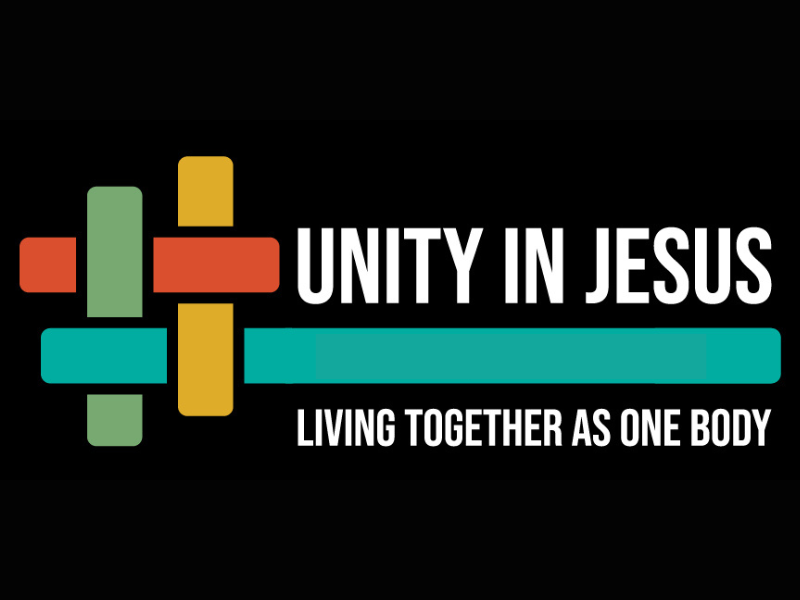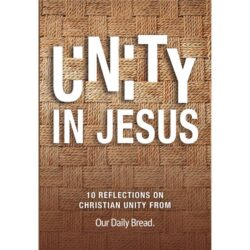

I pray that they will all be one, just as you and I are one—as you are in me, Father, and I am in you. And may they be in us so that the world will believe you sent me. John 17:21
Having served as a pastor for more than twenty years in three different congregations in the United States and having been privileged to work with pastors around the world, I have a great love for the church. Yet in my work I’ve also seen and experienced much that concerns me. The night before He went to the cross, Jesus prayed for the unity of His people—His church—“that they will all be one” (John 17:21).
At the turn of the twentieth century, there were some two thousand Christian denominations, but today there are tens of thousands of denominations worldwide. Clearly, as author and social critic Os Guinness wrote, differences make a difference”—and some of the differences that tend to divide us are of great importance. Many of the differences between denominations are significant, and I’m not suggesting that the existence of different denominations is necessarily a bad thing. Nevertheless, this high degree of division isn’t the ideal. Instead, what we’re called to rally around as our point of commonality is described by Paul, who wrote:
I passed on to you what was most important and what had also been passed on to me. Christ died for our sins, just as the Scriptures said. He was buried, and he was raised from the dead on the third day, just as the Scriptures said (1 Corinthians 15:3–4).
Notice that Paul says that this is “most important.” The gospel becomes the common ground upon which we can stand together. How exactly? First, because it unites us in the work of the Savior who bought us with His own blood, and second, because that good news gives us a mission to unite around. This unity, I think, occurs on two levels—at the local church level and at the global body of Christ level. Our focus will be on the local church.
Within any local church family there will always be differing opinions about concerns facing the people there, so church leaders and all believers must be prepared to work through the resulting disagreements.
Print copies of the booklet are available for free distribution. Please place your orders below to share the booklet with your church, neighbours, co-workers, family and friends!
Follow us on social media!




